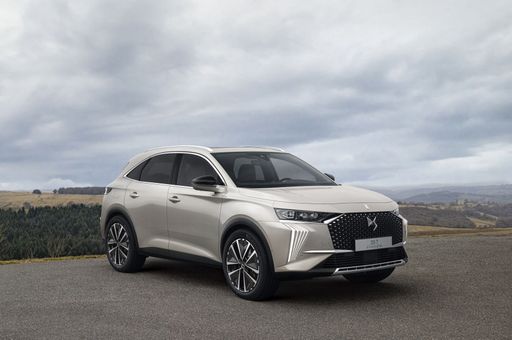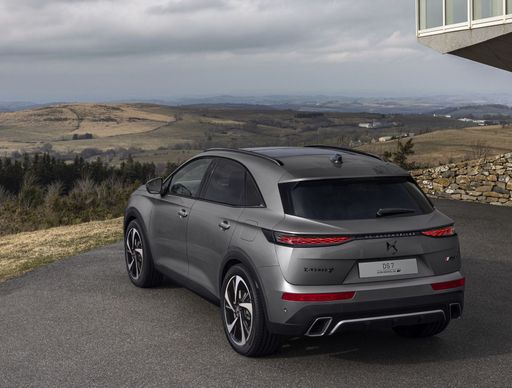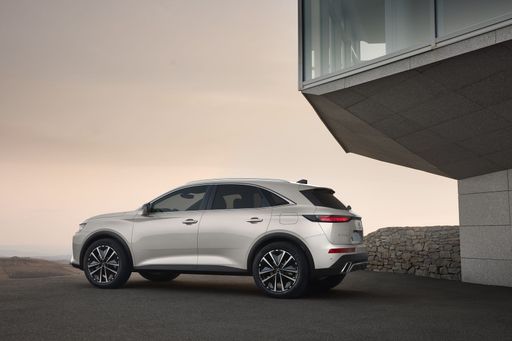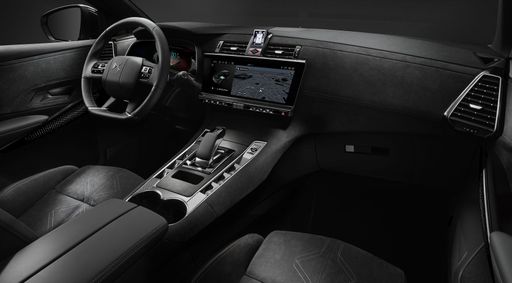The Battle of Compact SUVs: DS 7 Crossback vs Toyota C-HR
When it comes to compact SUVs, the DS 7 Crossback and Toyota C-HR are both prominent contenders, each offering its unique blend of style, comfort, and technology. Let’s dive into a detailed comparison to see how these two models stack up against each other in terms of design, technical specifications, and innovations.









